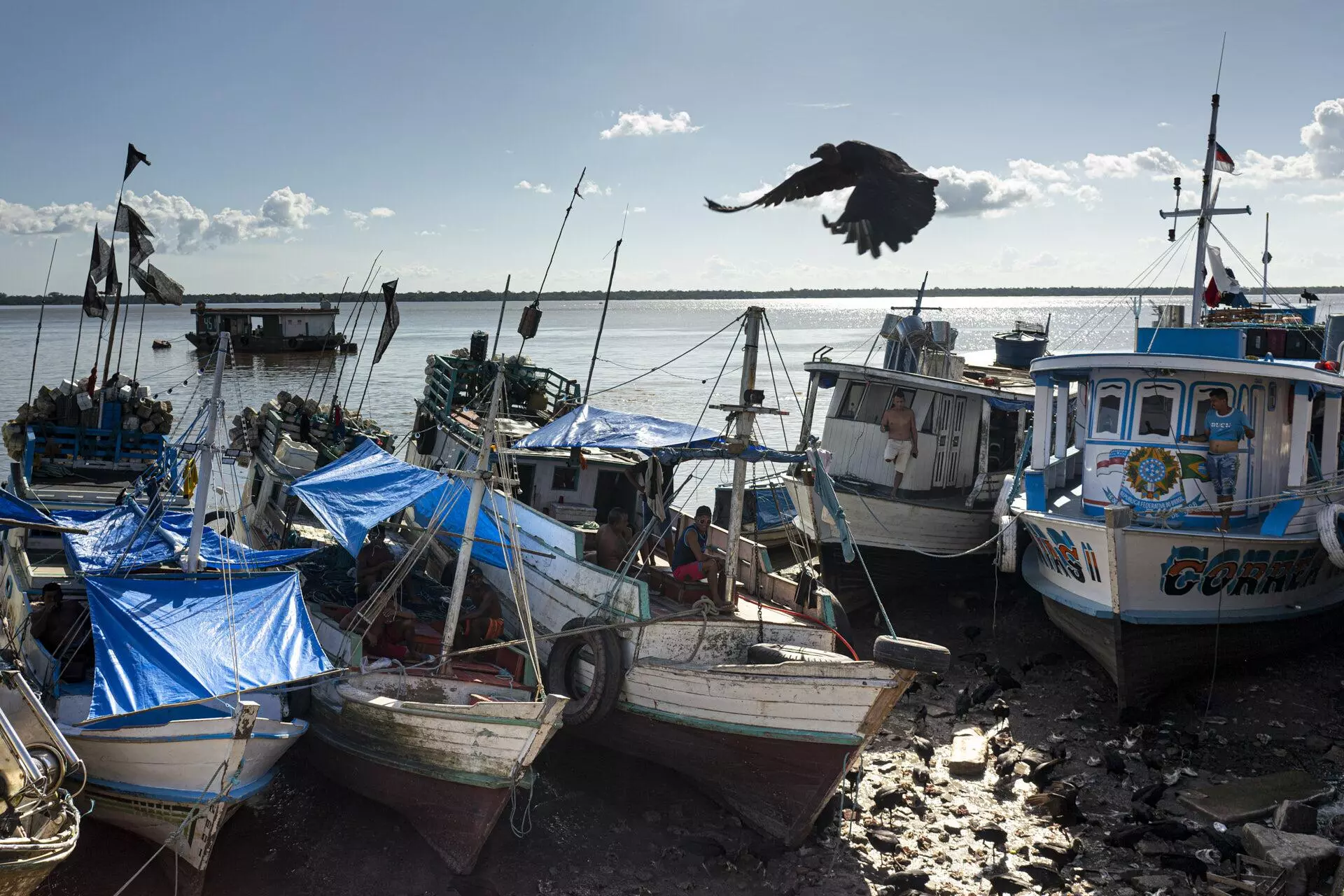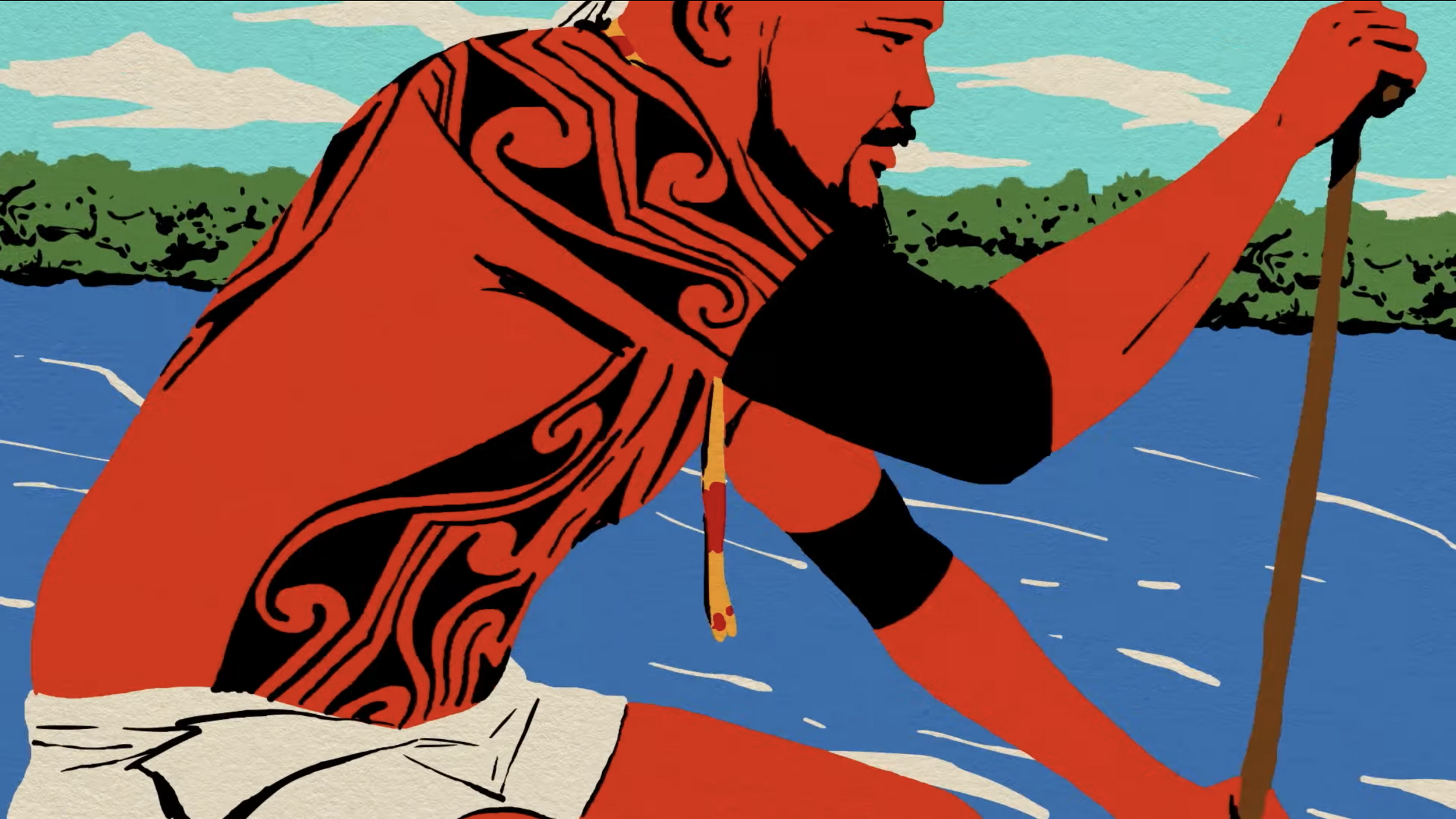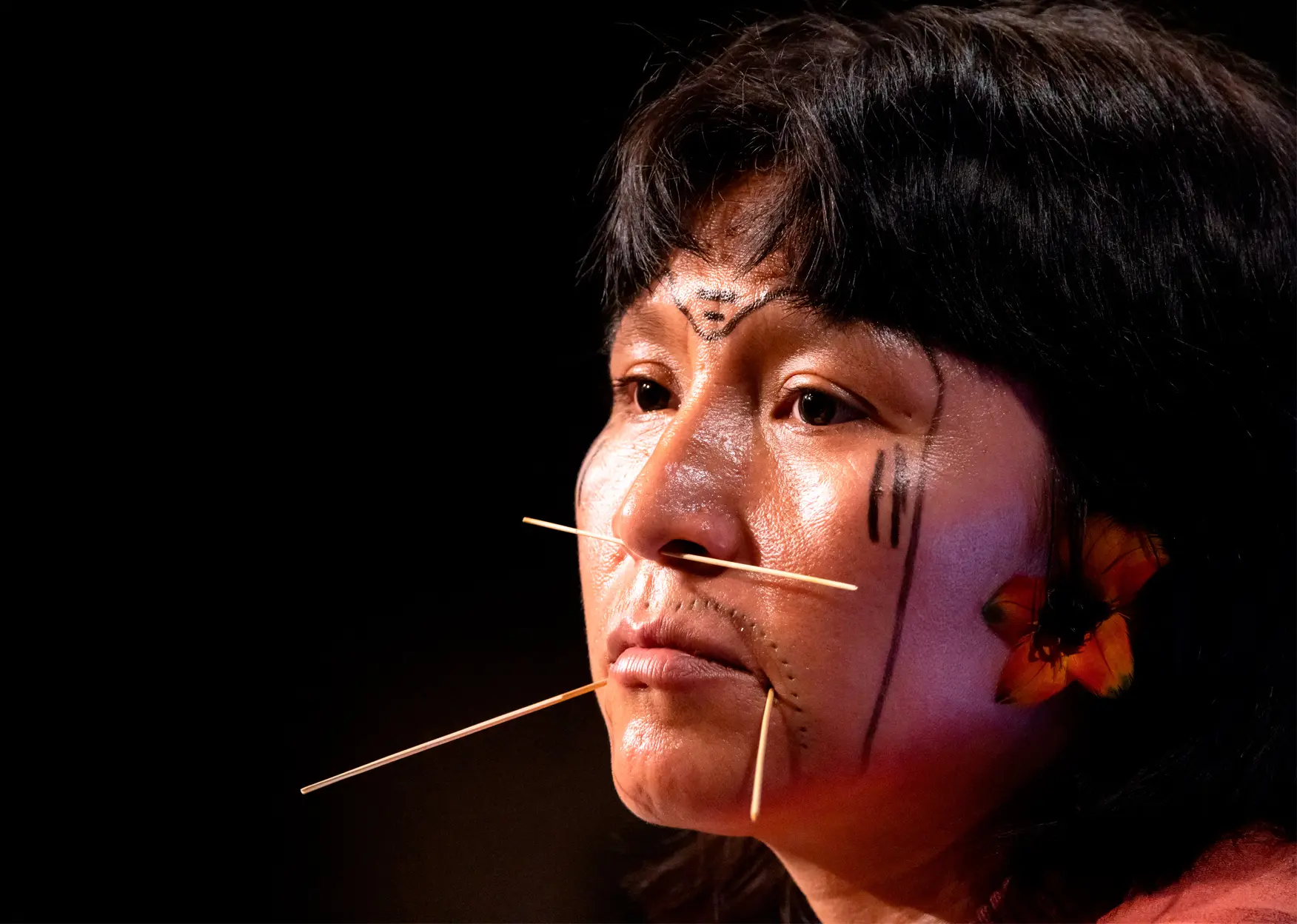Dear community,
Between August 4 and 9, Belém is all set to become the most important capital in the north of Brazil when it first hosts the representatives of civil society for the Amazon Dialogues event and afterwards the presidents of the countries that are home to the planet’s largest rainforest at the Amazon Summit. The aim is to debate development in the region as the forest approaches the point of no return – which means that, weakened by deforestation and degradation, it loses its ability to regulate the climate. The problem is that there is a huge elephant in the room or, to be more faithful to the biome’s non-human inhabitants, a tapir, which happens to be a highly intelligent creature, notwithstanding the bad name given to it by those Brazilians who do not know it well. The name of this tapir is oil.
Colombia’s president, Gustavo Petro, has proposed a ban on new oil exploration contracts in the Amazon region. Brazil’s Luiz Inácio Lula da Silva, who is the head of the country that is the region’s largest oil producer, has avoided talking about it. All indications are that the other presidents – not all of whom will come – will adopt a stance closer to that taken by Lula than that taken by Petro. Facing a variety of problems, members of a generation to whom oil was sold as salvation, the presidents seem to be driven as much by immediate economic interests as well as by a subjective point of view shaped by a particular 20th century hubris that believes any problem can be solved by mankind. The exception may be Colombia’s Petro.
Although Lula has adopted strong rhetoric in defense of the forest, his government has isolated Marina Silva, the Minister of the Environment and Climate Change, in relation to the issue of oil exploration in the Amazon basin, and hardly put up any objection when Congress gutted part of her ministry. Although the Brazilian Institute for the Environment and Renewable Natural Resources (Ibama) has refused to give Petrobras a license to drill off the coast of the state of Amapá, the internal war continues, led by the Ministry of Mines and Energy. But it is thanks to the efforts of the Ministry of the Environment and the environmental services provided by indigenous peoples and traditional populations that Lula can declare that deforestation dropped by 33.6% in the first half of this year, compared to the same period last year, when Brazil was still governed by the far-right politician Jair Bolsonaro.
The facts show Lula, who is the president of the country that is home to 60% of the Amazon rainforest, holds the best cards to be a major international player at a time when climate collapse and the mass extinction of species are at the center of the global agenda because they are crucial to the planet’s survival. However, Lula, who still clings on to the conviction that being a good president means making sure that everyone has a car in their garage, together with steak and beer on the table, has been struggling to balance this new role required by a planet besieged by extreme events of a climate crisis that is the result of the use of fossil fuels: oil, coal and gas. Of the region’s presidents, up until now the only one who has come out strongly in defense of the new generations has been Petro. But he too is under a great deal of internal pressure and there is no guarantee that he will not back down. It will be very interesting to see what happens – or what doesn’t happen – at this summit which is being held in the wake of the world’s hottest July in 120,000 years.
We know these are difficult topics, but whether or not to take part in this debate is not really an option. Unless you are one of those who would rather stand back and watch our planet being destroyed without doing anything to prevent it. In this sense, the best example comes from Ecuador’s civil society, which fought hard – to get a plebiscite on oil exploration in the Amazon region. On August 20, Ecuadorians will vote on this at the same time as they choose the country’s next president. This issue is one of the many that will be debated in the Amazon Dialogues, which will get underway on August 4, when civil society groups from the Amazonian countries will take a prominent role. Everything indicates it will be a productive debate.
SUMAÚMA will be there. Follow – in our three languages – the daily life of the Amazon Dialogues and the Amazon Summit via our social media channels and our platform.
In this newsletter you can already get a good idea of what is at stake through two in-depth reports. The first is by our special reporter Claudia Antunes, who shows that despite the need to reduce fossil fuels in order to give children the chance of a decent quality of life, everything indicates that oil exploration in the Brazilian Amazon region is likely to increase. In the other report, Priscila Pacheco, from the Climate Observatory, demonstrates how the need to reduce fossil fuel production is being (badly) dealt with across the region. But at least there is resistance from organized society in Ecuador.
Belém, the capital of the deforested and violent state of Pará, is in the spotlight during this period, much to the delight of the Governor, Helder Barbalho (of the Brazilian Democratic Movement), who has made every effort to market himself as a “green governor” despite his state’s enormous contradictions. In this issue the reporter Brenda Taketa shows what the city of Belém is really like, given that it is about to host the Amazon Summit and, in 2025, will hold the largest global climate event, the Climate Summit, COP30.

At low tide, boats from all over the country crowd the back of Ver-o-Peso market, in Belém do Pará. Photo: Alessandro Falco / SUMAÚMA
As the journalist shows – and proves – it will take a lot of work to make Belém a sustainable capital and guarantee access for those who are most affected by global warming, and who up until now have largely been excluded from the debate that will determine their lives. It is worth noting that, as in the case of the other COPs, it is the main villains who are financing the construction work to get the city ready. In the case of Belém, highlight goes to the transnational mining company Vale, which was responsible for the two biggest socio-environmental disasters in Brazil’s history, namely the collapse of the Mariana and Brumadinho dams. Just how cynical can you be? You have to read Brenda’s report to find out.
There is a lot more in this issue. All of which has been carefully researched, checked, revised and translated so that our active readers are in the best possible position to throw themselves into the debates of our time. Be sure to watch the animated short film made by the guardians of the Volta Grande do Xingu (Big Bend of the Xingu) and filmmakers. And check out every Thursday the latest episodes of Guariba, the cartoon strip that tells us about the forest from a non-human perspective. For children and for adults and for those who love nature and want to get to know it better through the experience of art, Guariba is proof that tenderness is possible even in brutal times.
We will continue to tell you, in the very best journalistic fashion, everything you need to know about efforts to save our home-planet – and ways to live so we can face up to the emergency and fulfil our responsibility to the coming generations.
Eliane Brum
Sower and Director of Sumaúma
Spell check (Portuguese): Elvira Gago
Translation into Spanish: Julieta Sueldo Boedo
English translation: Mark Murray
Photography editing: Mariana Greif
Page setup: Viviane Zandonadi and Érica Saboya

SCENE FROM THE ANIMATED FILM HIDROGRAMA DAS PIRACEMAS, PRODUCED BY THE CAMA LEÃO PRODUCTION STUDIO IN PARTNERSHIP WITH RESIDENTS OF THE VOLTA GRANDE DO XINGU REGION AND THOSE WHO WORK THERE




